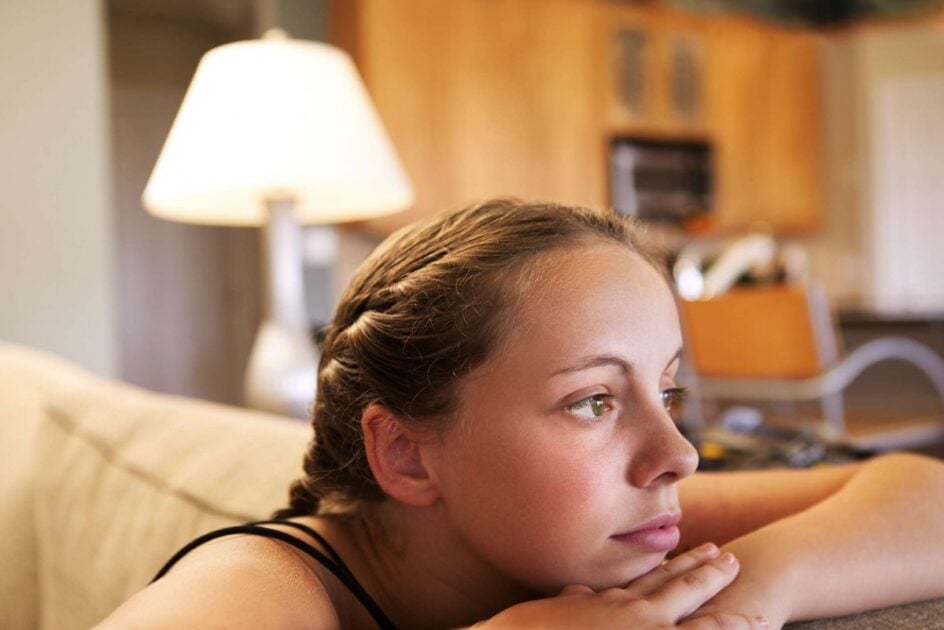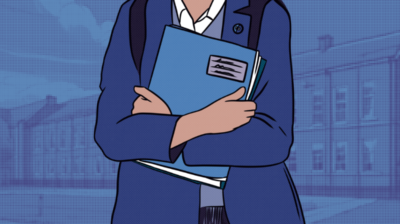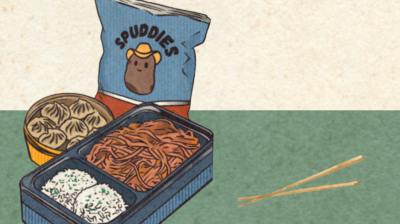My life with Binge Eating Disorder
Jodie writes about her experience of BED
Written by Jodie Kenny
Voices - Experiences
Young people share their personal experiences.

Binge Eating Disorder (BED) is something that has only come into recognition in recent years, so it took a while for me to accept my diagnosis since I’d never heard of it. It’s hard to explain why I binge. I don’t enjoy it, I hardly taste the food, I feel awful after. So why bother doing it at all? There’s a few different reasons. It’s a reaction to a negative event or feeling, I use it to shove feelings back down, I use it to punish myself, I use it to reward myself, I use it to kill boredom, I use it to calm myself down. Eating disorders have a lot less to do with food, and a lot more to do with emotions. So, restriction of food, or lack thereof, is a response to intense emotions.
The act of bingeing also brings up a lot of intense emotions. During the binge, I don’t really feel much, but after it’s like a tidal wave of awful feelings. There’s shame, self-hatred, embarrassment, guilt, self-esteem issues, anxiety, extremely low moods, panic attacks, disgust. All of these hit at the same time and it can be overwhelming. Sometimes the feelings after a binge are so bad that they can cause another binge. You get caught in this vicious cycle. A lot of time after binges I’d make promises, swear to never do that again. I’d start diets, eating healthy, exercise, I’d starve myself after binges. These were all unsustainable because I wasn’t dealing with the emotions behind the binge, I was using temporary and ineffective ways to deal with it.
There’s a lot of stigma surrounding BED since it’s so new. People tend to assume it’s not an eating disorder, instead it’s just greed, gluttony, lack of discipline. These societal beliefs further add to the negative emotions after a binge. It’s hard to reach out for help when a lot of people don’t believe you have a problem, or that your problem is easily fixed. Binge eating is just as dangerous as other eating disorders though, and deserves the same sense of urgency as they do.
BED can lead to a lot of health problems including digestive issues, breathlessness, muscular pain, weight gain, obesity (which has a lot of health complications of its own) and many more. BED needs to be treated with the same severity as any other eating disorder, as they all have serious mental and physical effects and they need to be treated quickly and safely.
BED crept up on me gradually, it didn’t happen overnight. One day I looked at my eating and realised I was doing it in a way that my body didn’t appreciate. I was eating according to my emotions, not the way I needed for my health. The treatment I opted for to deal with BED was therapy, my therapist had never dealt with it before. Luckily I had a great therapist who researched it and brought me back a worksheet that was tailored to me.
If you’re struggling with any kind of eating disorder then your best chance is to go to a professional who can help you through it, a GP or a psychologist, and they can help your recovery. BodyWhys also has lots of useful resources for recovery, including free guides that they’ll send out to you.






